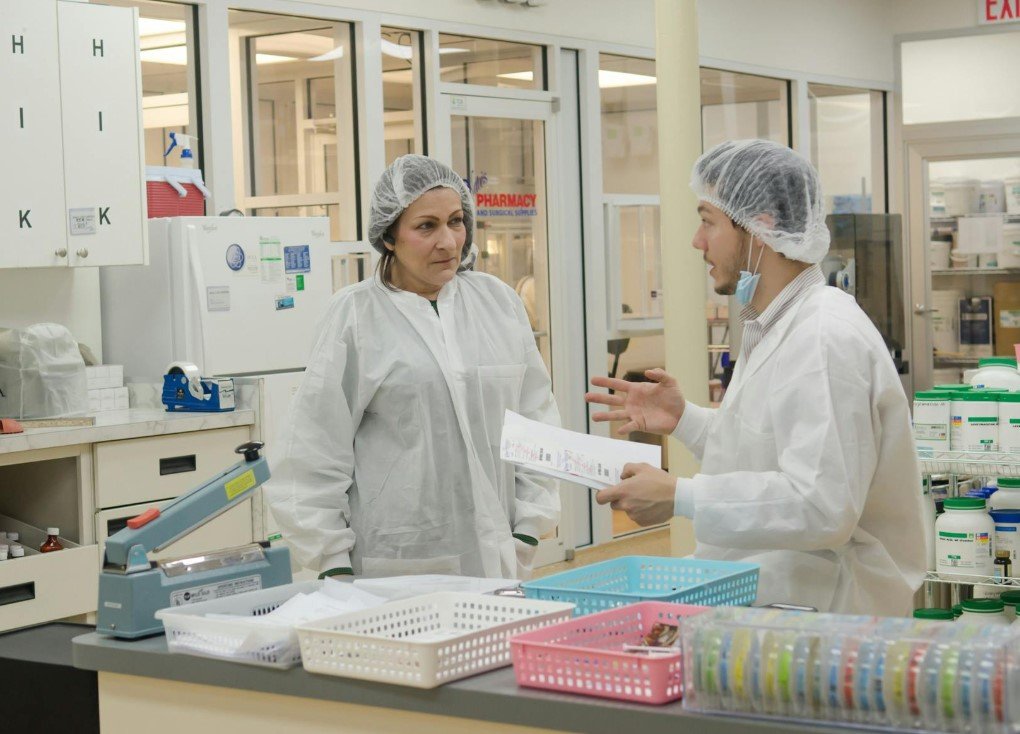In a bold move to challenge Tesla’s dominance in the electric vehicle (EV) market, some of the world’s largest automakers have formed a coalition to create a new EV charging network. This alliance, known as IONNA, includes industry giants such as BMW, General Motors, Honda, Hyundai, Kia, Mercedes-Benz, Stellantis, and Toyota. The coalition aims to establish 30,000 charging stations across North America by 2030, providing a robust alternative to Tesla’s extensive Supercharger network.

The Formation of IONNA
The creation of IONNA marks a significant step in the automotive industry’s efforts to reduce reliance on Tesla’s charging infrastructure. Tesla’s Supercharger network, with over 50,000 chargers worldwide, has set the gold standard for EV charging, offering high-speed, reliable, and user-friendly services. However, the new coalition seeks to provide a competitive alternative that can cater to all EV drivers, regardless of the brand of their vehicle.
The first IONNA charging station is set to open in Apex, North Carolina, transforming a historic gas station into a modern “Rechargery.” This initiative is part of a broader strategy to make EV charging more accessible and enjoyable for drivers. By creating a network that rivals Tesla’s, the coalition hopes to encourage more consumers to switch to electric vehicles, thereby accelerating the transition to sustainable transportation.
The coalition’s ambitious plan includes not only the establishment of new charging stations but also the integration of advanced technologies to enhance the user experience. This includes features such as real-time availability updates, seamless payment options, and comfortable amenities at charging sites. These efforts aim to address some of the common pain points associated with EV charging and make the process as convenient as possible for users.
Challenges and Opportunities
While the formation of IONNA represents a significant opportunity for the automotive industry, it also comes with its own set of challenges. One of the primary hurdles is catching up to Tesla’s well-established Supercharger network. Tesla’s chargers are known for their high speed, with V3 Superchargers delivering up to 250 kW of power, enabling some models to gain up to 75 miles of range in just five minutes. Matching this level of performance and reliability will be a formidable task for the new coalition.
Another challenge is the substantial investment required to build and maintain a large-scale charging network. The cost of installing fast-charging stations can range from less than $100,000 to more than $200,000 per unit. However, by pooling resources and expertise, the coalition aims to reduce individual costs and create a more efficient and effective network. This collaborative approach also allows the automakers to control the customer experience and collect valuable data on charging habits and preferences.
Despite these challenges, the coalition sees significant opportunities in the growing EV market. With governments around the world implementing stricter emissions regulations and offering incentives for EV adoption, the demand for electric vehicles is expected to rise sharply in the coming years. By providing a reliable and extensive charging network, IONNA can play a crucial role in supporting this transition and positioning its member companies as leaders in the EV space.
The Future of EV Charging
The launch of IONNA signals a new era in the EV charging landscape. As more automakers join forces to create competitive alternatives to Tesla’s Supercharger network, consumers will benefit from increased choice and convenience. The success of IONNA will depend on its ability to deliver on its promises and provide a charging experience that meets or exceeds the expectations of EV drivers.
Looking ahead, the coalition plans to expand its network beyond North America, with potential future projects in Europe and Asia. This global approach reflects the growing importance of international collaboration in addressing the challenges of climate change and sustainable transportation. By working together, the world’s largest automakers can drive innovation and create a more sustainable future for the automotive industry.
The formation of IONNA also highlights the evolving dynamics of the automotive market. As traditional competitors come together to tackle common challenges, the industry is likely to see more collaborative efforts aimed at accelerating the transition to electric mobility. These partnerships will be essential in overcoming the technical, financial, and logistical barriers to widespread EV adoption.
















